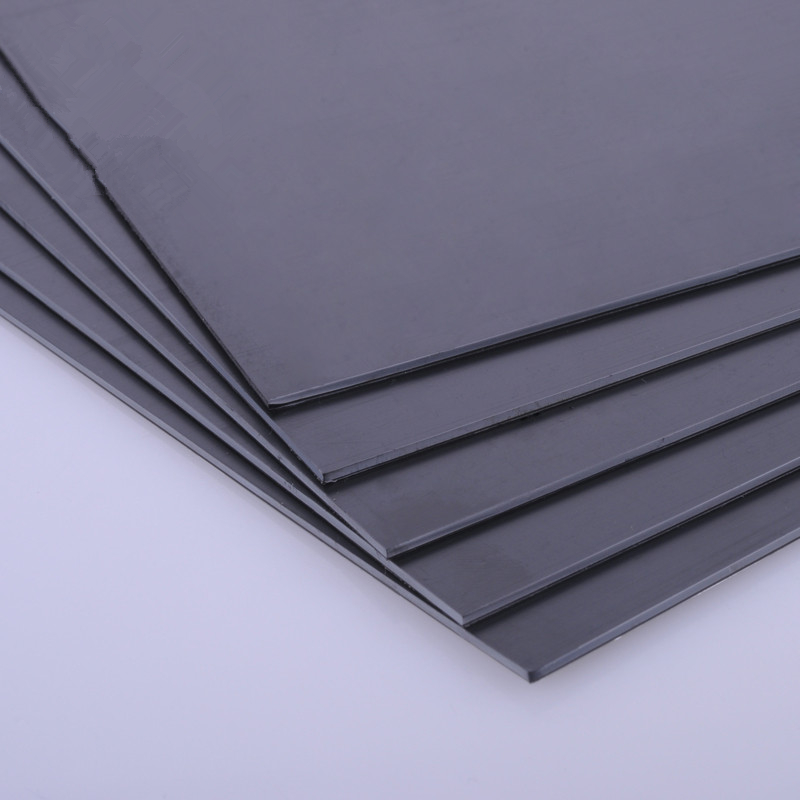Industrial PVC/CPVC

Polyvinyl chloride, also known as polyvinyl or vinyl, commonly abbreviated PVC, is the world’s third-most widely produced synthetic plastic polymer, after polyethylene and polypropylene.
Industries
- Chemical
- Construction
industrial-pvc-cpvc
transparent
600
#12bece
At lower temperatures, economical PVC offers a combination of excellent chemical resistance, high mechanical strength, and low moisture absorption. CPVC increases both weather and temperature resistance, expanding design versatility. Both materials are easily vacuum formed, thermoformed and fabricated, and can be glued, cemented, welded and varnished.
- PVC is very dense compared to most plastics
- PVC is readily available and cheap.
- Rigid PVC is very hard.
- Rigid PVC has extremely good tensile strength.
- Technical Name - Polyvinyl Chloride (PVC)
- Chemical Formula - (C2H3Cl)n
- Melt Temperature - 212 - 500 °F (100 - 260°C) ***
- Heat Deflection Temperature (HDT) - 92 °C (198 °F) **
- Tensile Strength - Flexible PVC: 6.9 - 25 MPa (1000 - 3625 PSI)
- Rigid PVC: 34 - 62 MPa (4930 - 9000 PSI) **
- Specific Gravity - 1.35 - 1.45
Note: This data is provided for guidance only. Performance must be verified by the user under actual application conditions.
Our Location
PolyDX Plastic
4664 Louis B. Mayer
Laval, Québec H7P 6E4
(450) 688-4660
(450) 688-4667
sales@polydxplastic.com
Our Products
PolyDX supplies a wide assortment of Engineered and Industrial plastics such as:
Lexan / Polycarbonate, UHMW, HDPE, LDPE, Polypropylene, Nylon, Delrin, PVC, ABS, Styrene, Acrylic, Boltaron/Kydex, PETG High Performance materials such as: Ultem, Peek, Radel, Polysulfone, Kynar, and Teflon Phenolics: Canvas, Linen, Glass Filled grades, and many more!
Lexan / Polycarbonate, UHMW, HDPE, LDPE, Polypropylene, Nylon, Delrin, PVC, ABS, Styrene, Acrylic, Boltaron/Kydex, PETG High Performance materials such as: Ultem, Peek, Radel, Polysulfone, Kynar, and Teflon Phenolics: Canvas, Linen, Glass Filled grades, and many more!
Privacy Policy
© 2018 PolyDX Plastics. All rights reserved. Powered by RaynbowSoft
